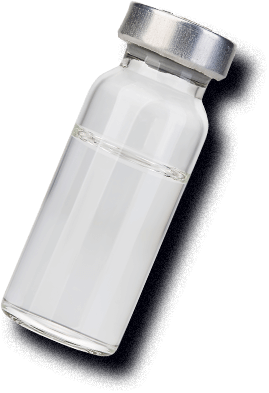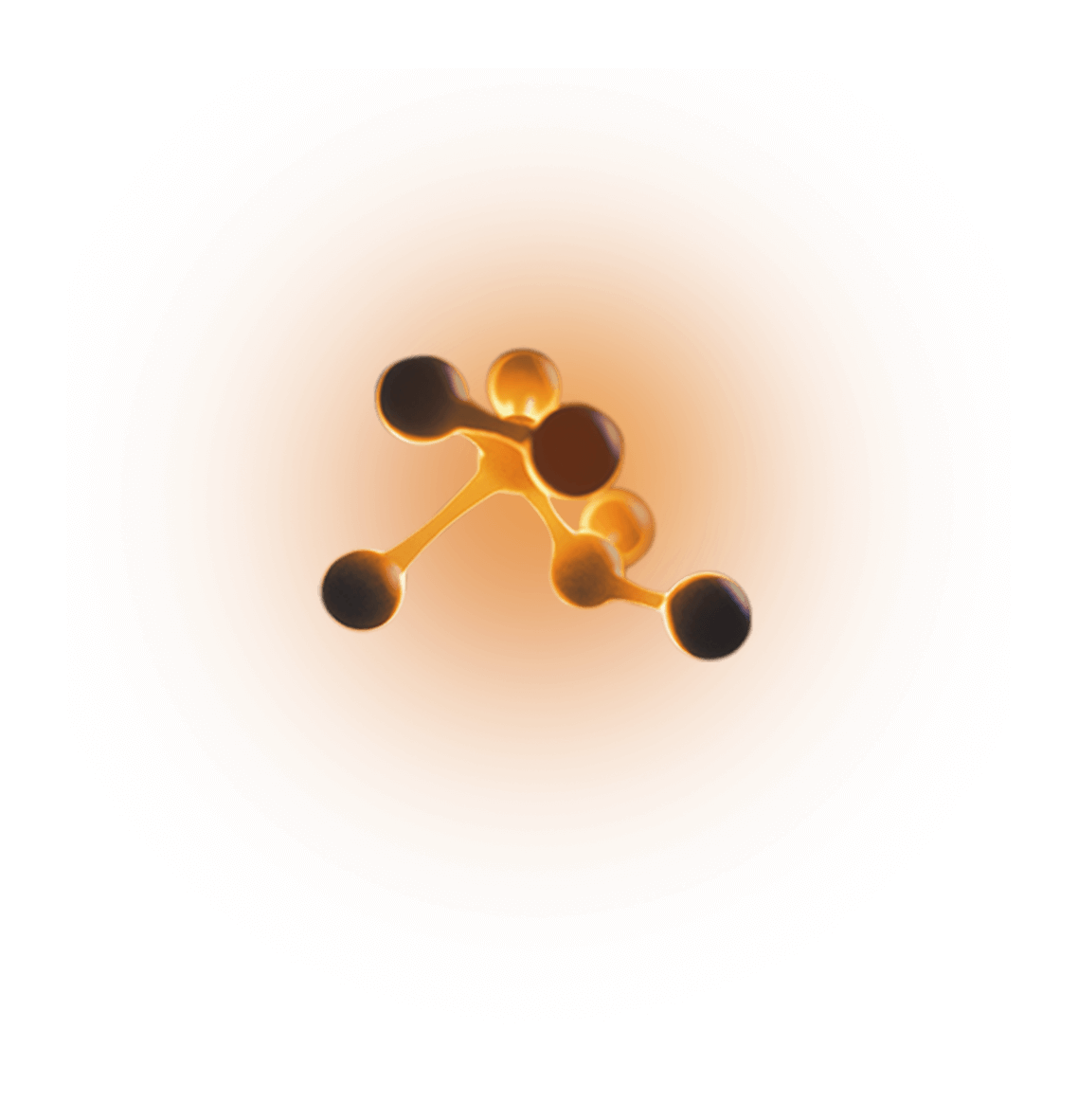

How it works
Search
Select & buy
Delivered
The process is simple. Try our super-fast online searching interface powered by BLINK. Browse the search results and make your custom selection of ULTIMATE compounds. Submit your order online and Mcule’s customer support will contact you shortly to discuss delivery and billing details. For any custom solutions, such as special subsets or data access, please contact us:
Multiple query types
Draw
Single query
Multiple queries